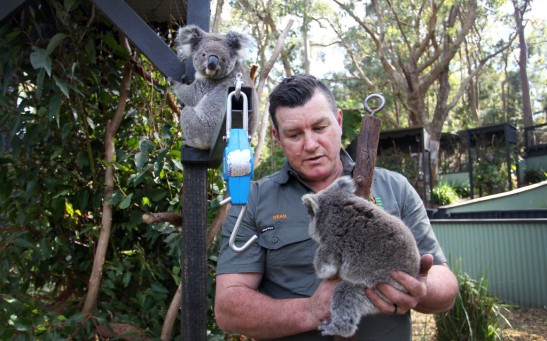ENVIRONMENT & CLIMATE

Seven Years of Pest Control Allowed Native Birds to Thrive

13th Century People Make Blankets From Turkey Feathers
Scientists Find a Small Group of Alaskan Islands Might Be Part of an Interconnected Giant Volcano
Seal Populations in Europe Increased Due to COVID-19 Lockdowns
COVID-19 Vaccine to Generate $466 Billion in Economic Benefits

After a Century, Blue Whales Return to South Georgia Island
Invasive Spiny Water Flea Disrupting Food Chain In the Great Lakes
Drought-Stricken Namibia Auctions 170 Wild Elephants

Hugging Pets, More Important Than Ever Because of the Pandemic

Scientists Predict Optimal Levels of Stress in Animals
Experts Reveal How Insects Formed Its Wings
[WATCH] Shark Chases School of Fish Off NY Coast

8-Mile Long Rock Painting From the Ice Age, Discovered
Creation of Venus Figurines Might Be Due to Climate Change and Diet
Most Popular

Blood Moon to Appear During Total Lunar Eclipse on March 3, 2026

The Science of Aging: What Cellular Aging and Telomeres Reveal About Human Longevity

How Volcanoes Destroy, Build Land, and Shape Earth's Surface and Climate

NASA's Artemis II Delayed by Rocket Issue, Preparing to Roll Rocket Back Into Hangar





